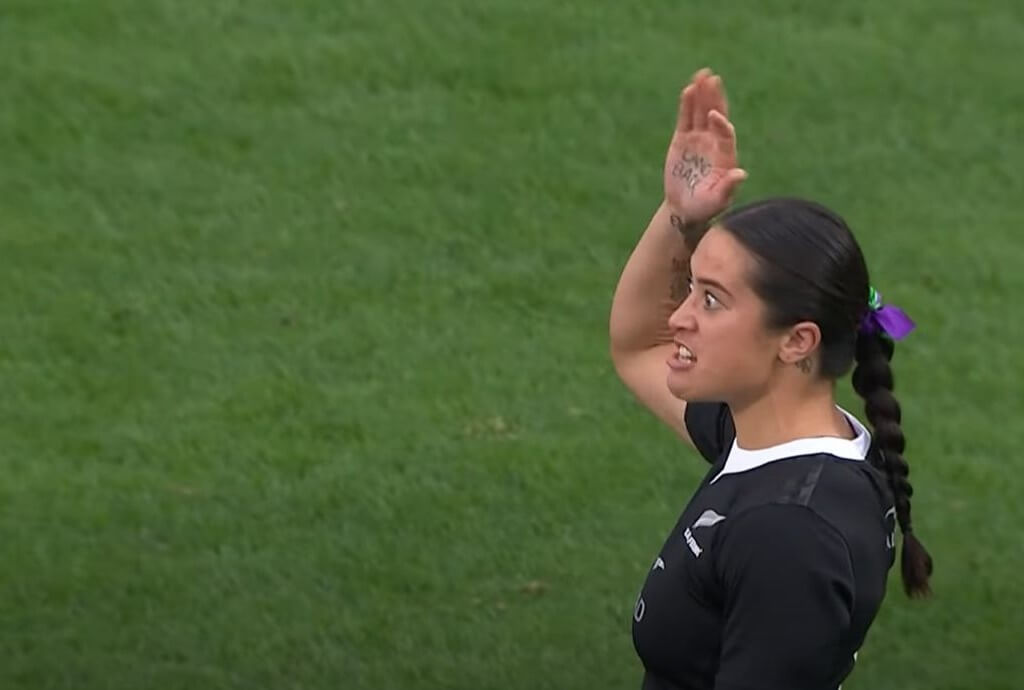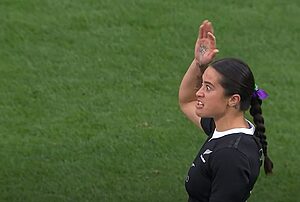Summarised by Centrist
Children’s Minister Karen Chhour says repealing section 7AA of the Oranga Tamariki Act is a long-overdue fix to a policy that puts ideology ahead of children’s welfare.
“Children’s lives are not lived in theories or in the comfort of academia or privilege,” Chhour said. “Safety must come first every single time—and sadly that has not always been the case.”
Te Pāti Māori's nastiest rhetoric yet? Here's what they told Karen Chhour in the debate on her legislation to repeal Section 7AA. pic.twitter.com/c87jnjPFjq
— ACT New Zealand (@actparty) April 10, 2025
Section 7AA, introduced under the previous government, required Oranga Tamariki to commit to the Treaty of Waitangi and enter strategic partnerships with iwi. But Chhour said the provision caused “confusion in the system” and forced frontline staff into conflict between legal obligations and their duty to act in a child’s best interests.
“This bill does not stop the consideration of cultural wellbeing,” she clarified. “Nor will it result in the end of strategic partnerships between iwi and Māori organisations.” But she said the section too often meant that “the child’s race took priority over their safety.”
The repeal legislation passed last week with support from the governing coalition. Critics of the old provision—including many frontline workers—told the select committee that Section 7AA had led to cases where cultural placement was prioritised despite red flags about risk or neglect.
Chhour, herself of Māori and Cambodian descent and once a child in state care, has been outspoken about the need to put child safety before political expectations. “As the responsible minister, I could not accept or excuse this fact,” she said.
Image: Facebook



















